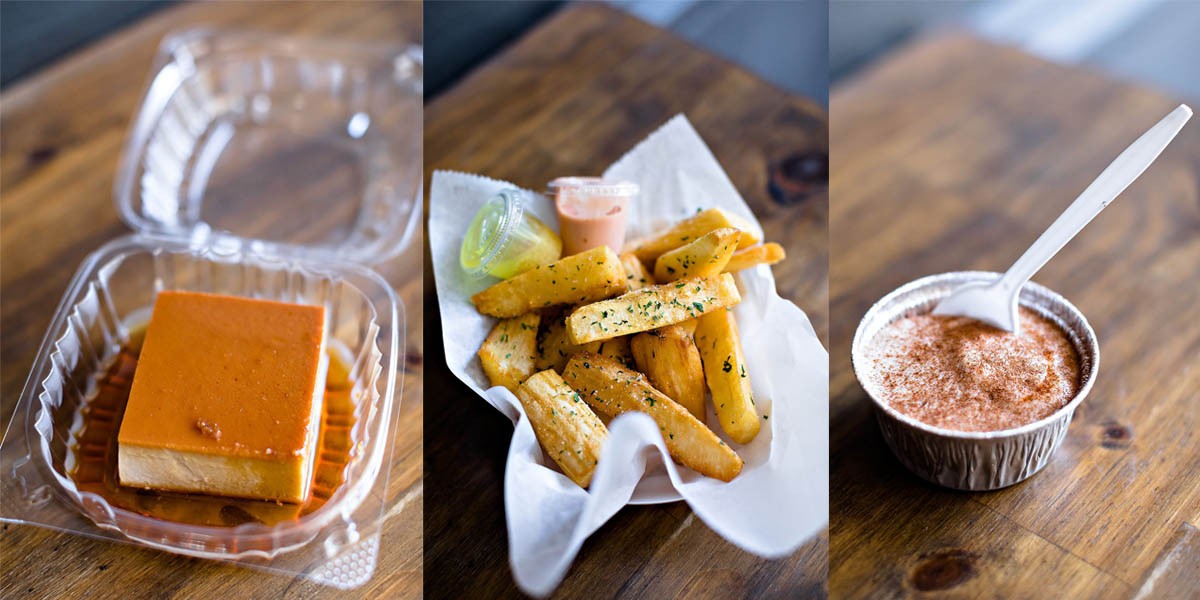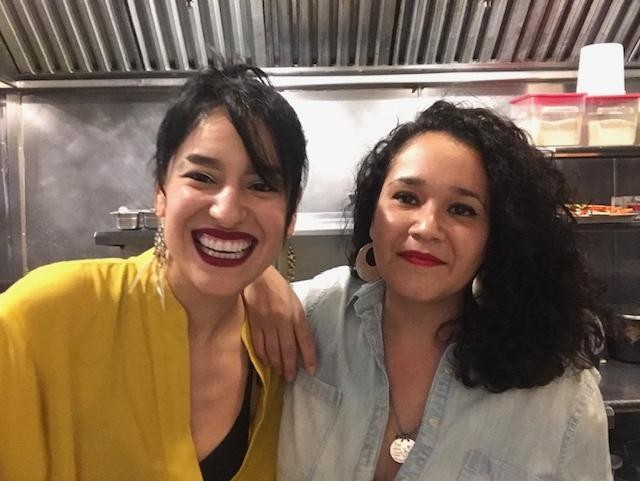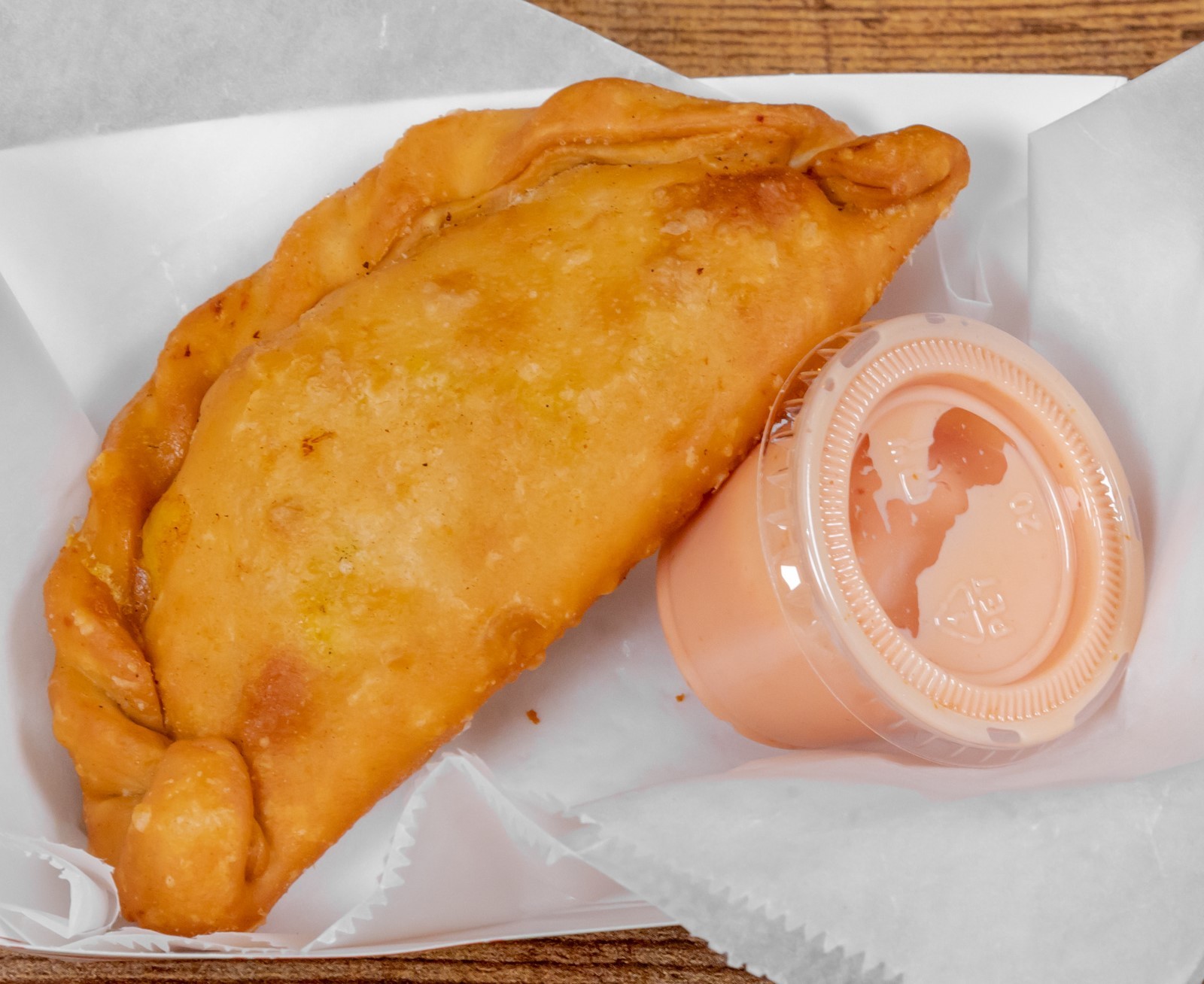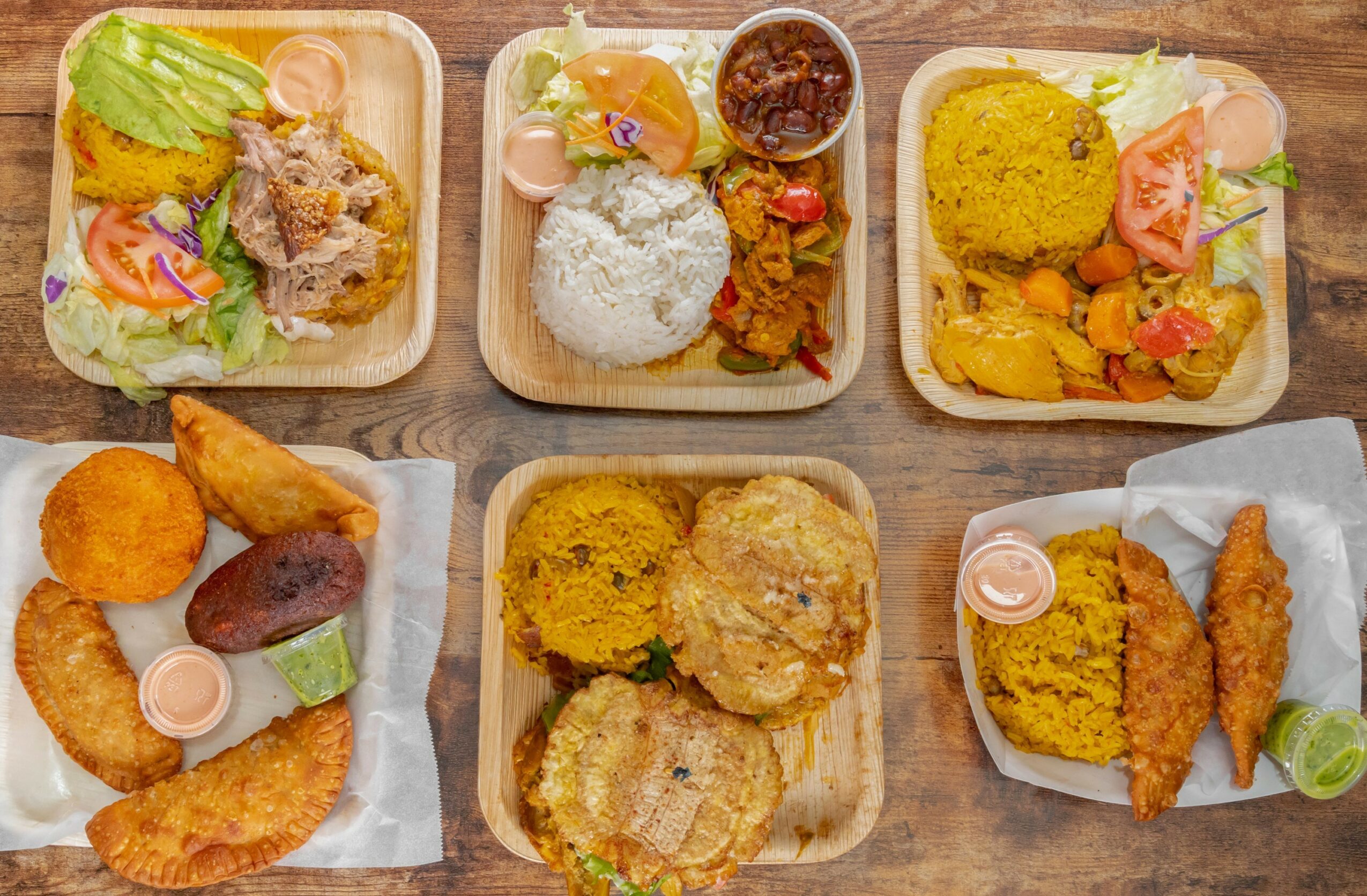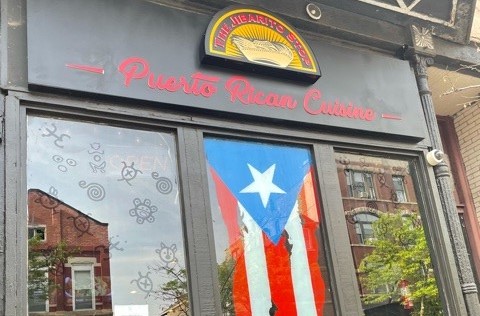

Today we’d like to introduce you to Cely Rodriguez.
Hi Cely, thanks for sharing your story with us. To start, maybe you can tell our readers some of your backstory.
My partner and I started The Jibarito Stop back in 2011. We were working as a Consumer Rights Advocate and an Immigration Paralegal, respectively. A few years into our jobs, we started realizing that we felt unfulfilled and wanted to create something that we enjoyed doing and that we could make a living from. We started to throw ideas around until we came up with ‘Food Truck.’ We launched in July 2012, and it was a hit with the Downtown Chicago lunch crowd. However, we soon learned that in Chicago, food trucks are very seasonal because of the harsh winters. A few years later, we opened our first storefront in Pilsen, which we were living in at the time. Pilsen is a predominately Mexican neighborhood, and we were unsure of how it would go but we have been so blessed that the neighborhood has welcomed us with open arms. We aim to sell Puerto Rican comfort food in a welcoming and fun environment. We specialize in selling the Jibarito sandwich, which is a sandwich that consists of 2 flattened and fried pieces of plantains instead of bread. It is naturally gluten-free, and you can add the filling of your choice. Our best seller is the steak jibarito. We also have many vegan and veggie options as well.
Would you say it’s been a smooth road, and if not, what are some of the biggest challenges you’ve faced along the way?
It has absolutely not been a smooth road. We had a steep learning curve, considering that we had never had any managerial role in the food service industry. We also have not participated in much social networking due to the nature of our introverted personalities. So, everything we’ve learned, we’ve had to learn from trial and error. Furthermore, owning a restaurant is one of the toughest businesses to succeed in because there are so many moving parts with employees, customers, vendors, and equipment. On any given day, a delivery can be late, a piece of equipment can fail, and an employee cannot arrive. So, you have to be able to improvise and problem solve on short notice, Also, being women in a male dominated industry poses its own challenges with many repairmen questioning your knowledge or even some male employees having a hard time taking direction and instruction from a woman.
Thanks – so, what else should our readers know about The Jibarito Stop?
Well, aside from our business, we think it’s important for our customers to know that the food we prepare comes from family recipes dear to Cely’s heart. Everything that is prepared is with the intention to satisfy our customers and bring a little joy to their day. We make everything in-house from our sofrito (cooking base), adobo, sauces, etc. We tell staff to treat the food with love and respect as if your mom was going to walk in through those doors and eat.
We think it’s important for people to also know a little bit of our background, especially for those minorities, or really anyone, who want to start something but see themselves at a socio-economic disadvantage. Cely is of Puerto Rican descent, with her family hailing from Mayaguez and Rincon, Puerto Rico. Cely grew up in The Bronx, New York, and was the first in her family to graduate from high school and obtain a college degree. Moraima is of Mexican-American descent with her family hailing from Coahuila and Zacatecas Mexico, Moraima grew up in single parent household in Chicago’s Little Village neighborhood, she was also the first to graduate from high school and obtain a college degree. However, academic accomplishments, while great, are not a requirement to have a dream and pursue it. We both pursued a business that we had no experience in, but we were willing to work hard, learn, adapt, and stay positive.
We are both part of the LGBTQIA community and although we are private individuals, we do not hide our identity. We know that this puts us at risk of discrimination, but we believe wholeheartedly that you should be proud of who you are and where you come from. More importantly, we think of other minority, queer women out there and how imperative it is for all of us to have representation.
We think it’s important to maintain a philosophy when you have a business, and ours has been to do no harm while on our journey, wherever it may lead us to. We have never wanted to succeed at someone else’s expense. We know it’s a competitive world, but we try to steer clear from comparisons and/or criticizing other businesses.
How do you think about luck?
We consider ourselves fortunate or “lucky” because despite not having any background in the restaurant industry, we have been able to make mistakes, learn, and move forward. We understand that more than half of restaurants fail within the first few years, which is a daunting statistic. We are very fortunate to still be in the industry 12 years later. However, more than luck, we believe that the prayers from our family and the good vibes and energy from our customers are what have seen us through. Our food truck customers were some of the most loyal, kind, and supportive people we’ve come across. They are the ones who motivated us to move forward despite so many insecurities that we had at that time. We still think about and talk about them to this day. We hope that with the opportunity that we have, we can also motivate and encourage others to persevere.
Contact Info:
- Website: www.thejibaritostop.com
- Instagram: www.instagram.com/thejibaritostop
- Facebook: www.facebook.com/thejibaritostop
- Twitter: www.twitter.com/thejibaritostop
